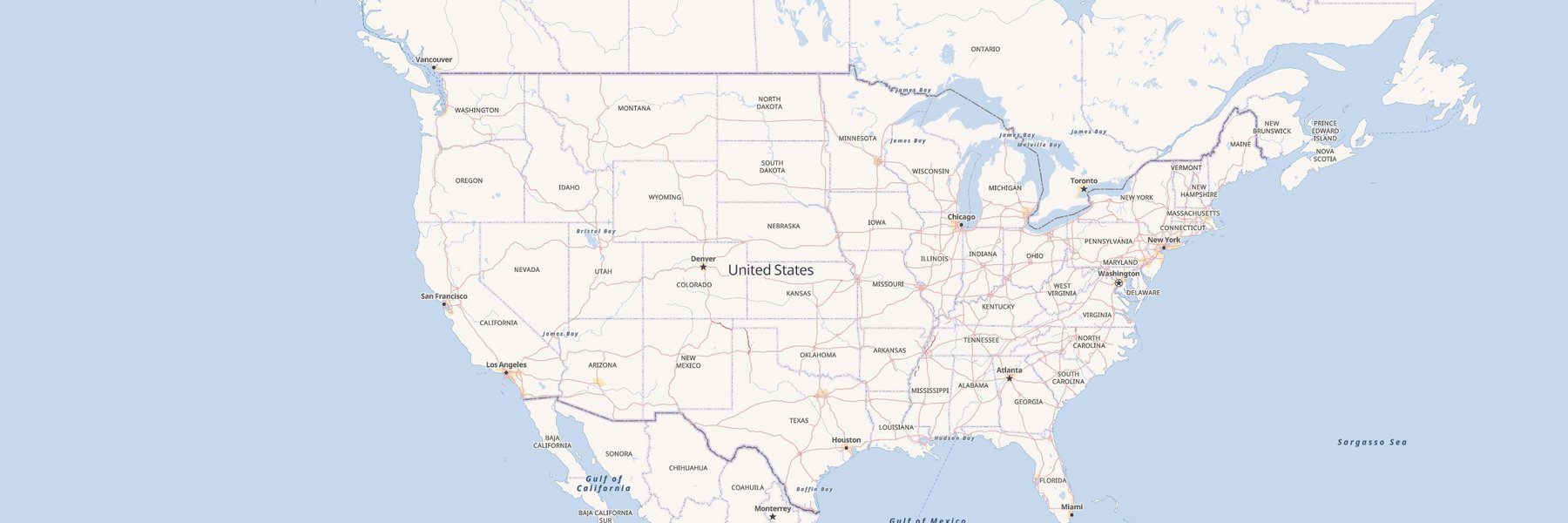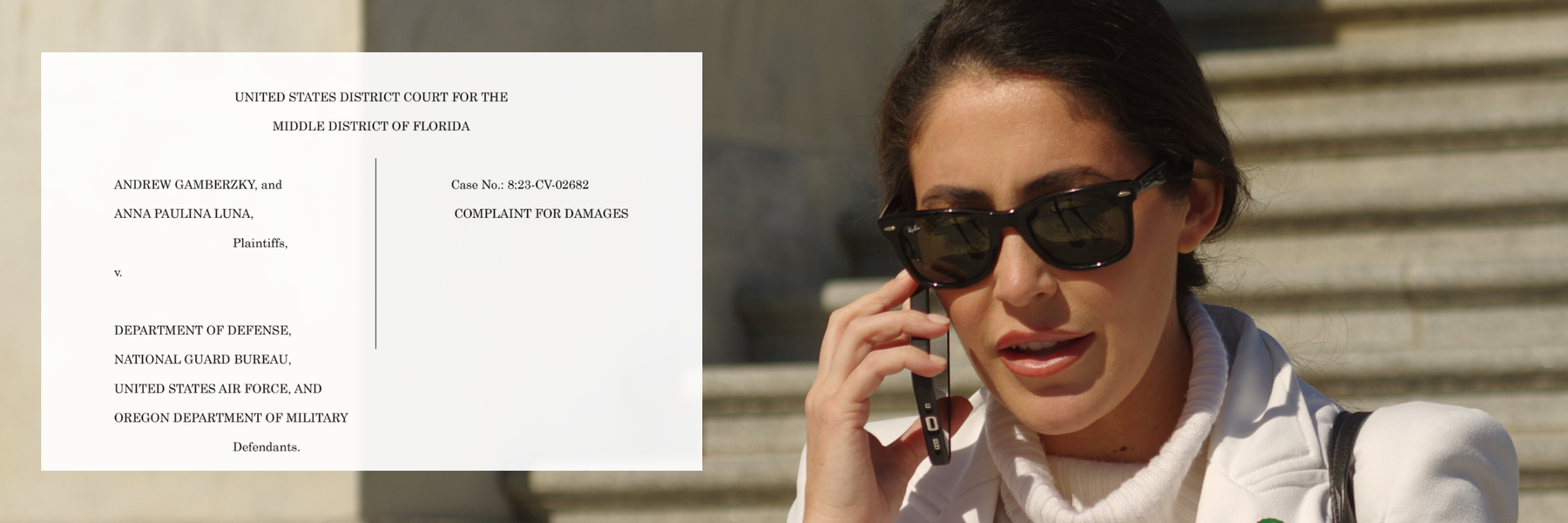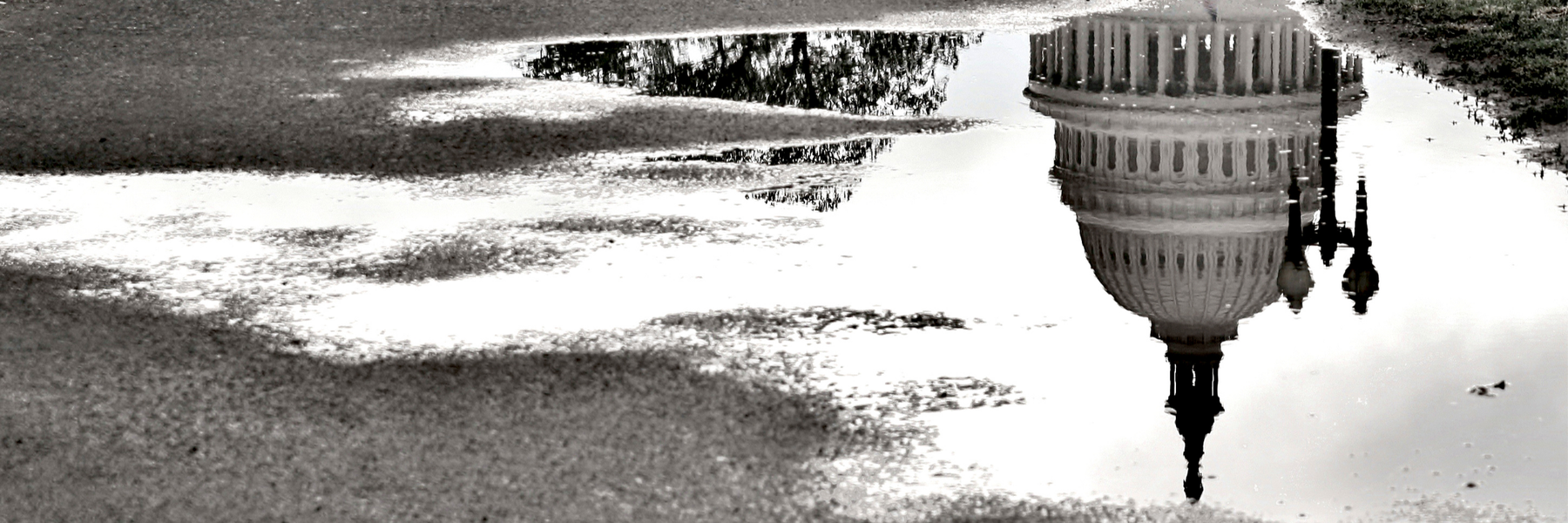Over a year and a half ago, privacy and First Amendment advocates were shocked to learn that police departments throughout the country were purchasing software designed to monitor social media posts, alerting law enforcement about particular online activity and intended for use during protests and activist actions.
In the wake of the news, MuckRock and Little Sis began filing with local police departments in order to learn whether they had purchased such software from the likes of Geofeedia and Media Sonar, and we asked you to help with the effort by submitting your local law enforcement agencies.
Since then, over 200 people have offered up their local agencies, and though few of them continue to use the services of that particular company - Twitter, Facebook, and Instagram all revoked access in the aftermath of the public revelations - the manner in which they utilize evolving communication technology continues to be important.
- Small Red - No Responsive Documents
- Large Red - Rejected
- Small Yellow - Awaiting Acknowledgement
- Orange - Fix Required
- Small Green - Partially Completed
- Large Green - Completed
For some of these responses, this has included providing social media policies as they relate to individual use by law enforcement officers, as in St. Cloud, Minnesota, where the policies for “Internet Use & On-Line Social Networking” note that police department personnel must adhere to the agency’s code of conduct even in personal social media use …

and should be particularly aware of the legal ramifications of online activity.

The Cleveland Heights Police Department in Ohio has had similar rules in place since 2012, when their social media policy restricted employees from making disparaging online comments toward both the department and others.

But even as local departments are slowing their use of social media to keep an eye on locals, its use to monitor immigrants is expanding. The Department of Homeland Security has added social media handles to its list of information that can be collected from immigrants and other visitors to the United States, and the agency is interested in using artificial intelligence to sort through social media content. President Trump is expected to sign additional order today establishing a National Vetting Center to centralize such efforts affecting the entry of foreign citizens.
Have you had your own experience with social media monitoring? Want to follow up on this project in your area? Let us know via email, on Twitter, or on Facebook and we’ll help you bring this project closer to home.
Image via Pexels




